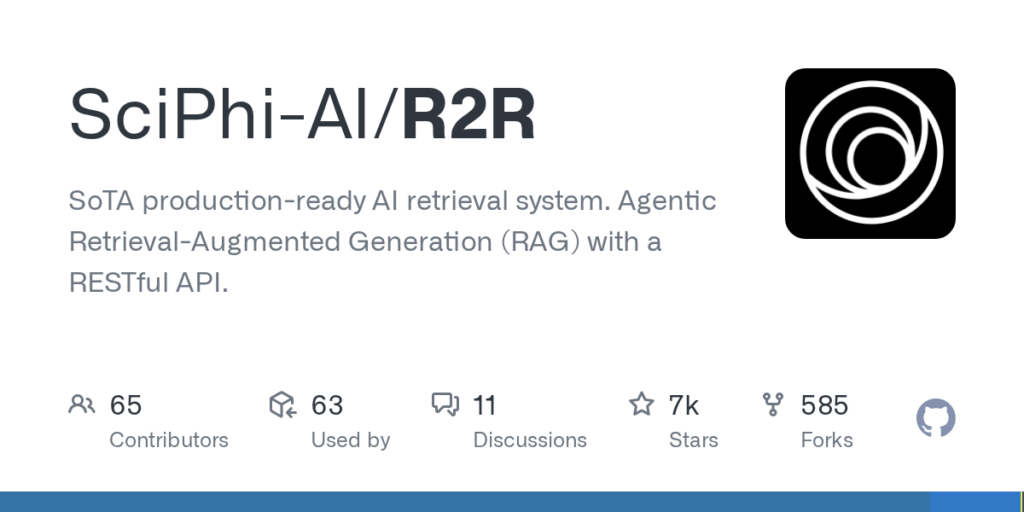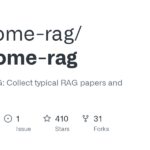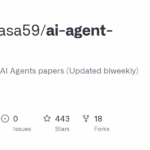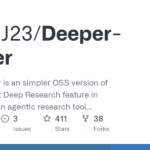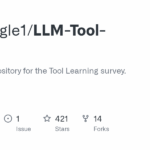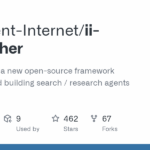R2R
Basic Information
R2R is presented as a state-of-the-art, production-ready AI retrieval system that implements agentic Retrieval-Augmented Generation (RAG) and exposes functionality via a RESTful API. The repository appears organized with a Python-oriented component, indicated by a py/README.md symbolic link, and contains code and assets updated for common web and language file types. Its main purpose is to provide a ready-to-deploy backend for retrieval and generation workflows where autonomous agents coordinate information retrieval and language model generation. The project emphasizes production readiness and API-driven integration so teams can host retrieval services, expose endpoints for RAG pipelines, and incorporate agentic orchestration of retrieval and generation tasks.

